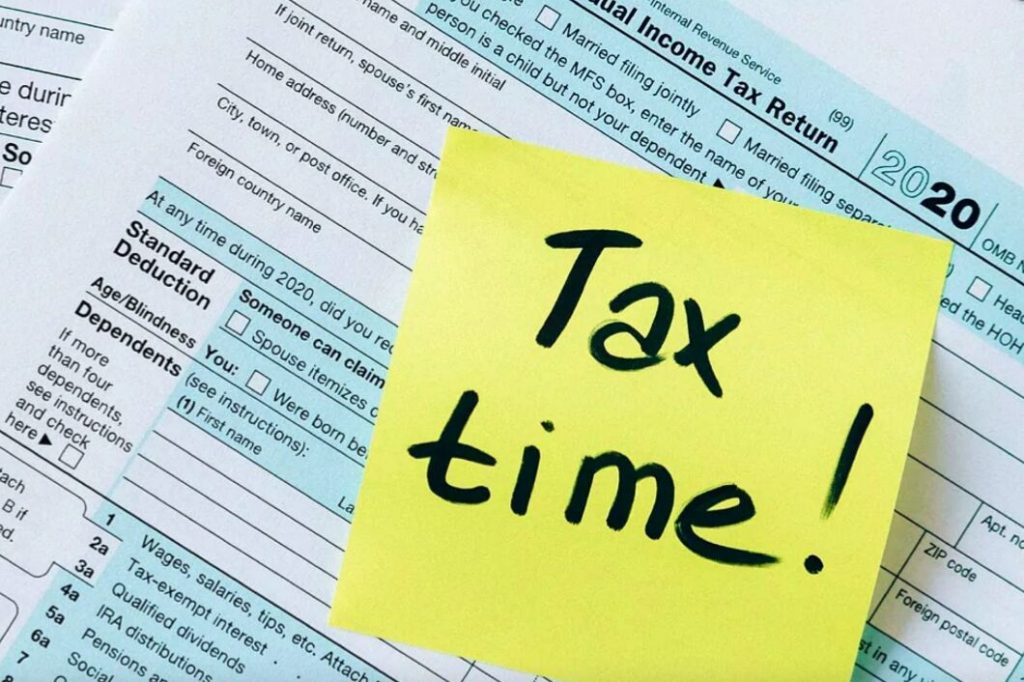American taxpayers who are currently struggling with an unpaid tax lien might wonder if they could successfully remove it from their credit report.
When you ignore or refuse to pay a tax debt, the government will have a legal claim against your property known as a federal tax lien. The government’s interest in all of your property, including real estate, personal property and financial assets, is protected by the lien.
Are tax liens hurting your credit score?
However, it should be noted that tax liens can no longer affect your credit. This was the case before 2017, when the credit bureaus announced their decision to remove all tax liens from credit reports.
There are several downsides to having a tax lien even though it won’t lower your credit score. A tax lien can affect your financial situation even if it is not reported to the credit bureaus. You should therefore make prompt payment of any tax payments and do all you can to avoid liens.
All current tax liens should no longer be listed on your credit report, as the three credit bureaus began removing them from credit reports in 2017. This applies to all tax liens, both those filed before 2017 and those filed after.
A tax lien was once considered a negative mark on your credit. If you repay these liens, they could stay on your credit file for up to seven years. If you hadn’t, they’d be there for ten years.
In order to remove the released tax liens from your credit report, you must notify the appropriate credit bureau of the inaccuracy.
All three credit bureaus – Experian, Equifax and TransUnion – offer easy online dispute procedures.
In many circumstances, reporting that there is a tax lien on your credit file will only take a few minutes. Despite the fact that many credit report disputes are resolved much faster, the credit bureaus have 30 days to respond to the dispute and correct any inaccuracies.
